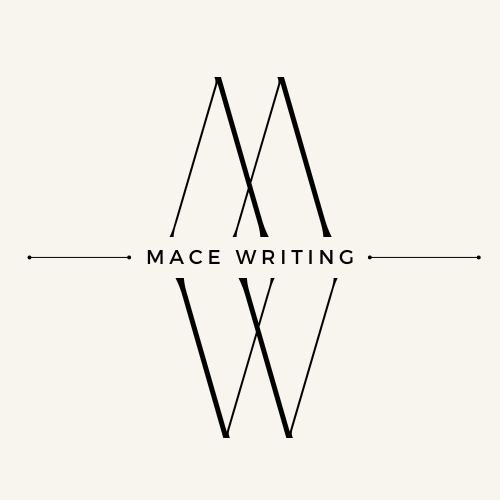Professional Editing Services: How You Can Minimize the Cost
If you’re balking at the idea of professional editing services, that’s perfectly understandable. Depending on the length of your work, an edit from a professional can constitute a big financial commitment. There are, however, some key ways you can help minimize the cost of such an edit.
Working with a Professional Book Editor Can Be Cheaper Than You Think
Enlist Professional Editing Services before You’re Too Far Along
One easy way to minimize the cost associated with a professional editor is to have that editor provide feedback on a synopsis—rather than a full-length manuscript. If there are serious plot-related changes that still need to be done, you could be paying an editor to hone and polish multiple pages that won’t even end up in the final work.
If you’re still tinkering with plot or are having trouble nailing down the exact details, consider reaching out to an editor sooner rather than later. Finalizing these major plot points with an editor can help in two ways:
You save time by only writing the first draft after you’re confident about plot.
You won’t have to needlessly pay for a line-by-line edit on pages that are ultimately just early draft attempts.
Choose the Appropriate Level of Editing Services
Many editors offer a variety of editing services, ranging from a basic to comprehensive review of the manuscript. If you’re very confident in your plot, characterization, and other high-level aspects of the work, you might just need an edit that’s geared toward catching typos and common grammatical errors. However, if you’re struggling with pacing or voice, you might opt for a more in-depth level of edit.
Whatever you’re after, make sure to talk through the options carefully with your editor. You don’t want to accidentally overpay by receiving an edit level over and above what you need or expect.
Not sure where to even start with questions for your editor? No sweat! We’ve compiled this list for you.
Communicate with Your Editor about Style Guide Preferences
Unless you specify what style guide you want applied to your manuscript, your professional editor will likely default to a particular one (The Chicago Manual of Style, The Associated Press Stylebook, and so on).
If you’ve already diligently applied a particular style guide but fail to tell your editor that, you could end up essentially paying your editor to undo your style preferences. For example, say you dislike the serial comma but never tell your editor. He or she might dutifully insert the serial comma throughout your work—costing you that initial expense for the editor’s time and then the time required to undo the stylistic choice.
Be clear and up front about your expectations before any work begins. This way, your editor is more likely to edit according to your preferences, meaning you get a finished product more in line with what you want.
Have a Friend Review the Work before It Goes to a Professional Editor
A second set of eyes can be invaluable. Sometimes you can go blind to your own writing mistakes—both in terms of plot and simple typos. So, have a friend run his or her eyes over the manuscript to catch the really obvious stuff.
If the majority of blatant errors are gone, an editor can then successfully apply his or her expertise to more minute details and nuances of the work. After all, an editor can only change and suggest so much in one go-around. If the manuscript is in its roughest shape, it could end up requiring a subsequent round of polishing, which definitely adds up to more expense.
A Professional Editor Could Get You a “Yes” from a Publisher
The most obvious (and lucrative) way to offset the cost of a professional edit is if an agent or a publisher agrees to work with you. If your project is picked up for publication, the cost associated with that initial edit could end up being negligible.
Now, of course, not every written project—even one carefully, thoughtfully, and diligently edited—is going to be a candidate for publication. However, if your work goes to an agent or publisher riddled with typos, grammatical errors, and obvious plot holes, your chance of making that crucial positive impression is slim.
Working with a professional can ensure you put your best foot forward and don’t get an otherwise solid work thrown automatically into a rejection pile just because of a few mistyped words.
If you have any questions about what a professional edit entails or how these services might be a good fit for you, please feel free to reach out to a representative of MACE Writing today!

